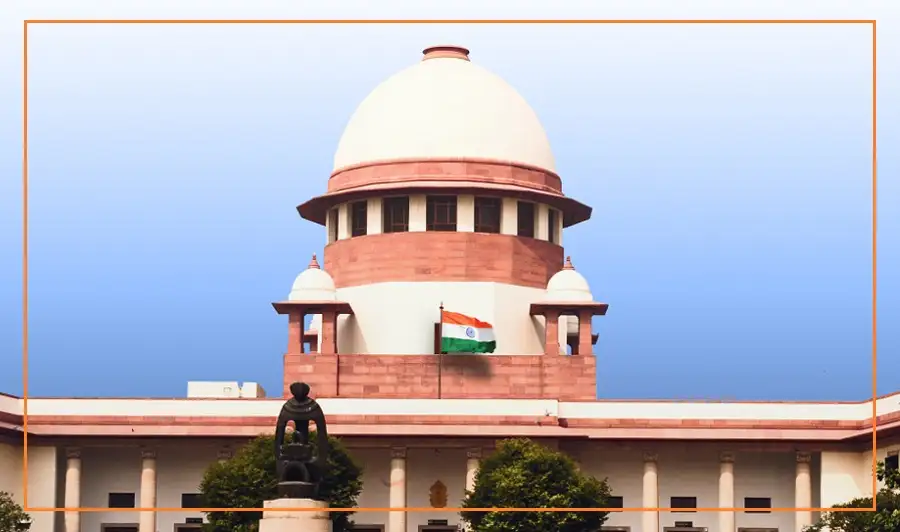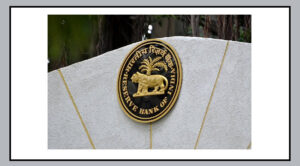New Delhi:
During the hearing on Bihar’s Special Intensive Revision (SIR) of electoral rolls, the Supreme Court dismissed arguments that the Election Commission’s document verification was exclusionary and “anti-voter.”
Arguments Presented by Senior Advocate Singhvi
Senior Advocate Abhishek Manu Singhvi argued the process unfairly affected vulnerable groups, especially in rural Bihar.
He said many people lack essential documents like land records or residence certificates, and passports are rare.
Bench Highlights Increased Document Options
The Bench of Justices Surya Kant and Joymalya Bagchi noted that the number of accepted citizenship documents increased from seven to eleven, calling the process “voter-friendly.”
They clarified that requiring any one of these documents is reasonable and not exclusionary.
Singhvi emphasized that despite some talented individuals from Bihar, many live in flood-prone, poverty-hit areas where obtaining these documents is difficult, making the verification process challenging.
Reference to 1995 Supreme Court Ruling
Singhvi cited the Lal Babu Hussein case, which ruled that voters cannot be removed from rolls without sufficient evidence and a chance to be heard.
He claimed the current process unfairly places the burden of proof on voters.
Justice Kant’s Remarks on Bihar’s Youth
Justice Kant urged not to generalize negatively about Bihar, noting the state produces many top civil servants, indicating motivated youth participation.
























